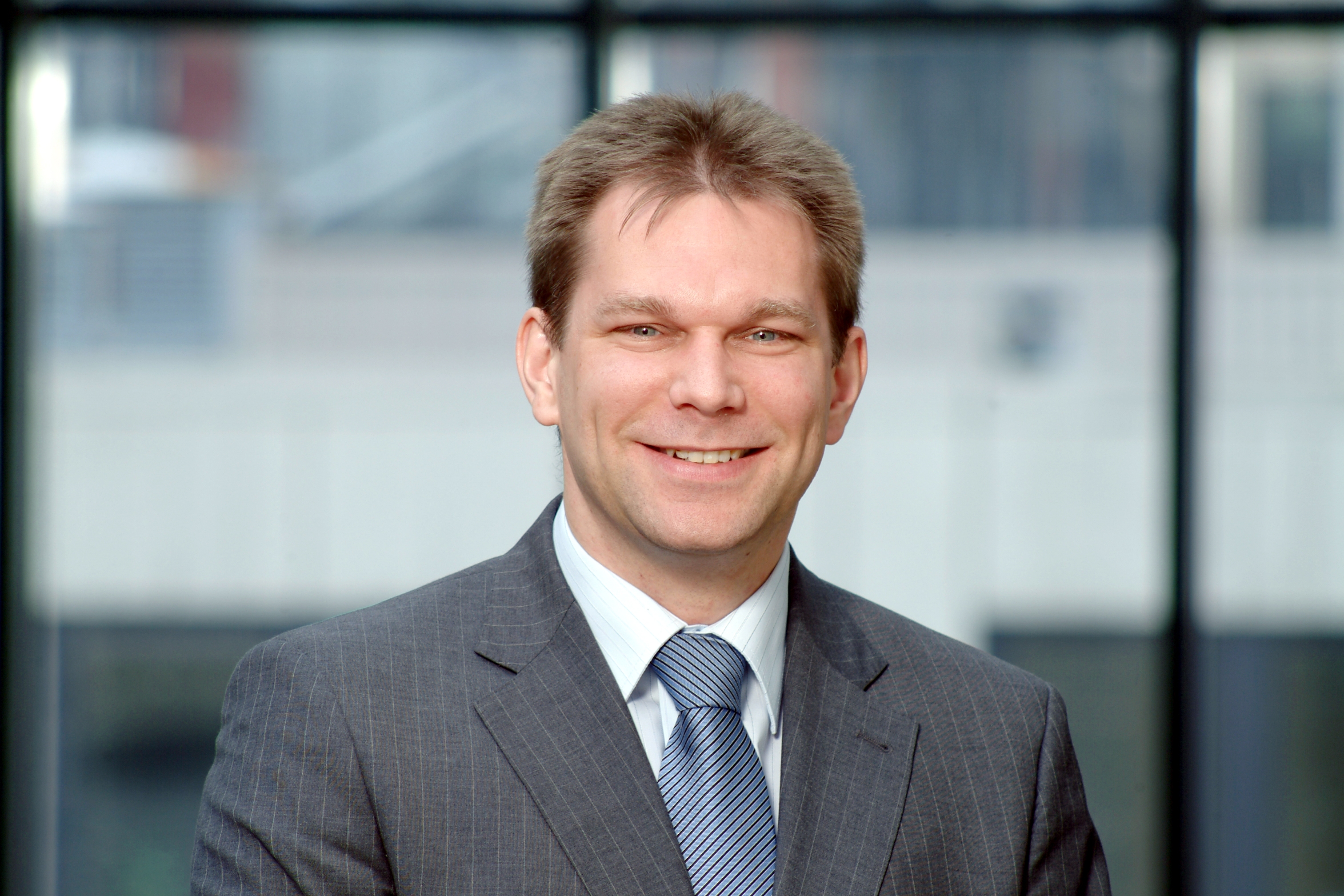New institute management
Prof. Ingomar Kelbassa is the new institute director of Fraunhofer IAPT
Prof. Dr.-Ing. Ingomar Kelbassa will take over as director of the Fraunhofer Research Institution for Additive Manufacturing Technologies IAPT in Hamburg on April 1, 2022. He succeeds Prof. Ralf-Eckhard Beyer.
Ingomar Kelbassa sees Fraunhofer as an enabler of value creation in Germany. As the new director of Fraunhofer IAPT, he intends to eradicate problems that plague the industry and, in the long term, wants to ensure that 3D printing is used on a large industrial scale. Kelbassa is not a completely new face in the Fraunhofer world: In 2006, he received his doctorate from the Fraunhofer Institute for Laser Technology ILT in Aachen and remained at the institute as a head of department until 2016. At the same time, he served as deputy head of the Chair for Laser Technology LLT at RWTH Aachen University.
Research and development remained the central focus of the award-winning mechanical engineer in the years that followed. At Siemens AG, he led the development of manufacturing technology in the Gas and Power division, among other things, and became head of Company Core Technology Additive Manufacturing. He was also responsible for the Werner-von-Siemens Centre for Industry and the Science Research Campus in Berlin. Most recently, he served as managing director of the Siemens subsidiary Weiss Spindeltechnologie, which specializes in the development and production of high-precision motor spindle units.
Prof. Reimund Neugebauer, President of the Fraunhofer-Gesellschaft, explains: “Additive manufacturing is key to resource efficiency and sustainability. It thus is an important pillar when it comes to strengthening and increasing the competitiveness and resilience of the German and European industries in a sustainable manner. I am very pleased that we could win Prof. Kelbassa, an accomplished mediator between research and industry, as director of Fraunhofer IAPT. We are convinced that his expertise will make an important contribution to further expanding the excellent development of the research unit, but also of the entire research field.”
Ingomar Kelbassa is certain: “The exchange between industry and research is at the heart of any form of applied research and development. In my view, without product-driven industry and demand-driven research and development based on that industry, it’s not possible to create value in the medium term. We, as the Fraunhofer-Gesellschaft are thereby contributing to Germany’s GDP and thus to our prosperity.” As the institute director of Fraunhofer IAPT, he wants to further intensify this exchange and further industrialize additive manufacturing (AM) off the beaten path.
About Fraunhofer IAPT
Fraunhofer IAPT is one of the leading research units in the field of additive manufacturing. Its focus lies on the industrialization of additive technologies and the associated technology transfer to enable completely new and resource-efficient products. Fraunhofer IAPT stands for sustainable innovations in the field of additive manufacturing. The portfolio includes development and research services, training at process and material level, development of novel component concepts and system technologies as well as factory planning and digitalization. Fraunhofer IAPT supports companies along the entire value chain to build knowledge, develop innovations and secure competitive advantages. It pays particular attention to the medical technology, aerospace, automotive, machinery and tooling and ship and rail sectors.
About the Fraunhofer-Gesellschaft
The Fraunhofer-Gesellschaft based in Germany is the world’s leading applied research organization. Prioritizing key future-relevant technologies and commercializing its findings in business and industry, it plays a major role in the innovation process. A trailblazer and trendsetter in innovative developments and research excellence, it is helping shape our society and our future. Founded in 1949, the Fraunhofer-Gesellschaft currently operates 76 institutes and research units throughout Germany. Over 30,000 employees, predominantly scientists and engineers, work with an annual research budget of €2.9 billion. Fraunhofer generates €2.5 billion of this from contract research.
Contact
Roman Möhlmann | Fraunhofer-Gesellschaft, Munich, Germany | Science Communications | Phone +49 89 1205-1333 | presse@zv.fraunhofer.de

